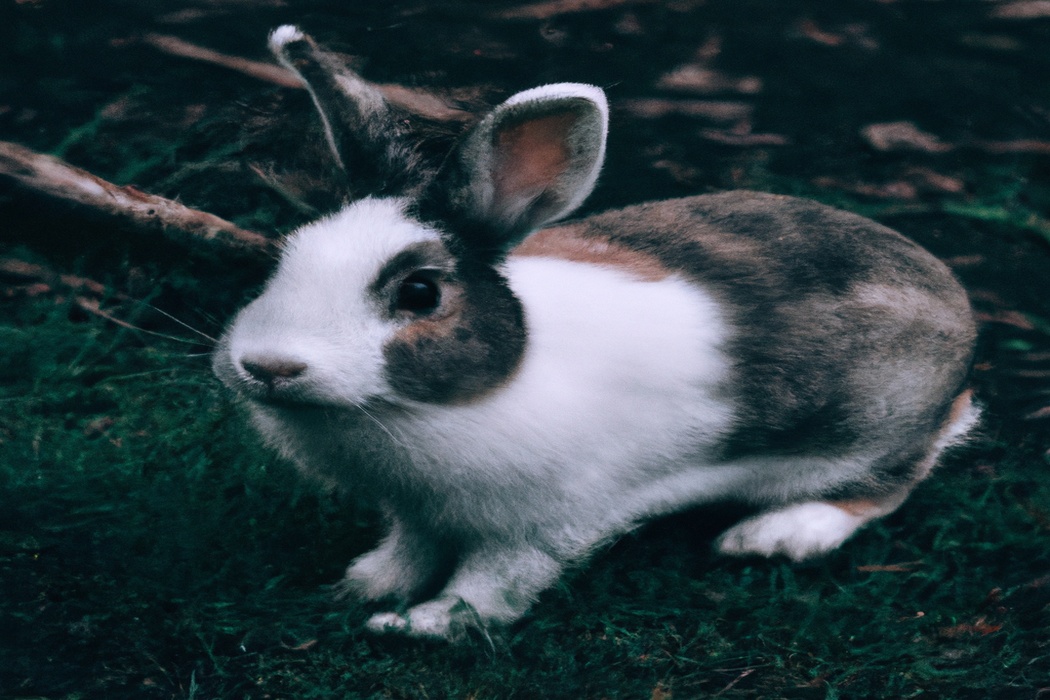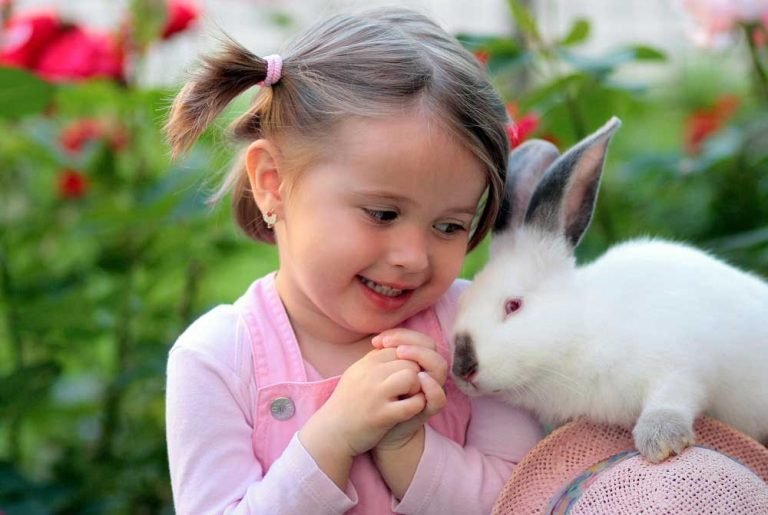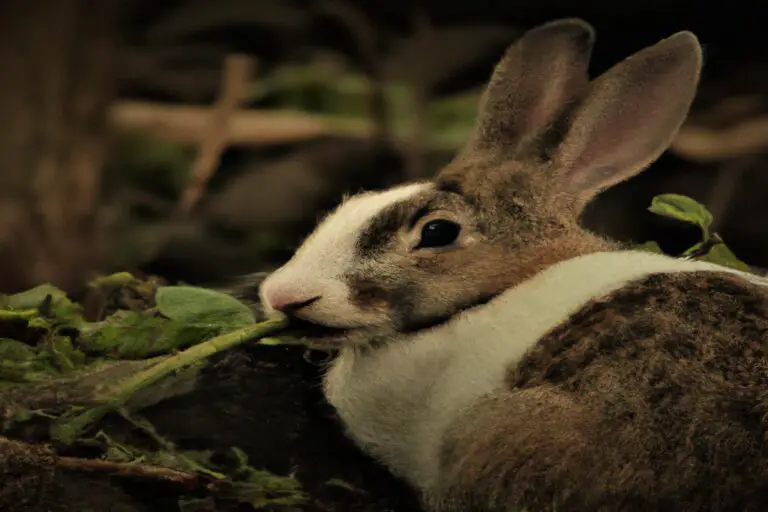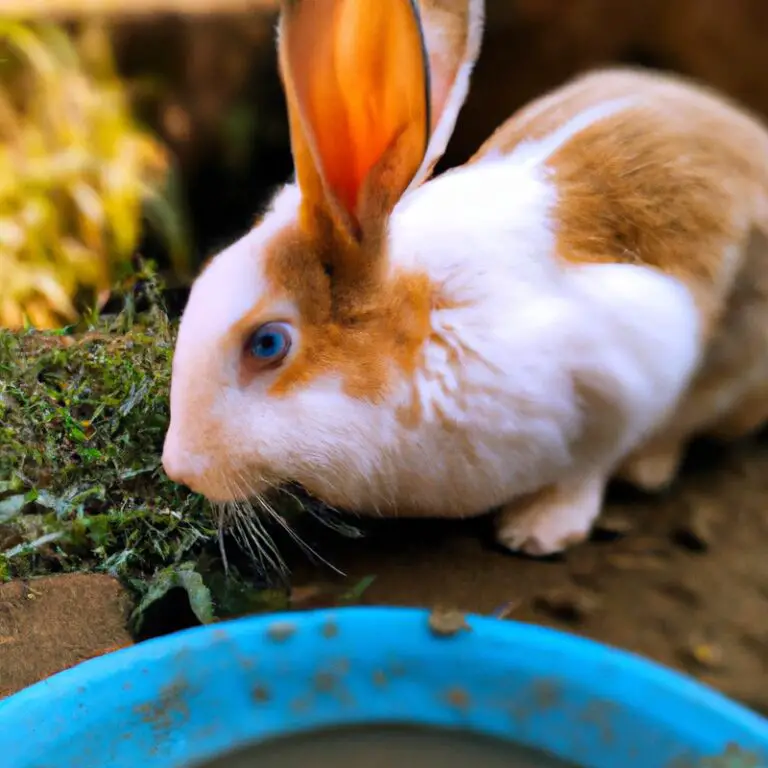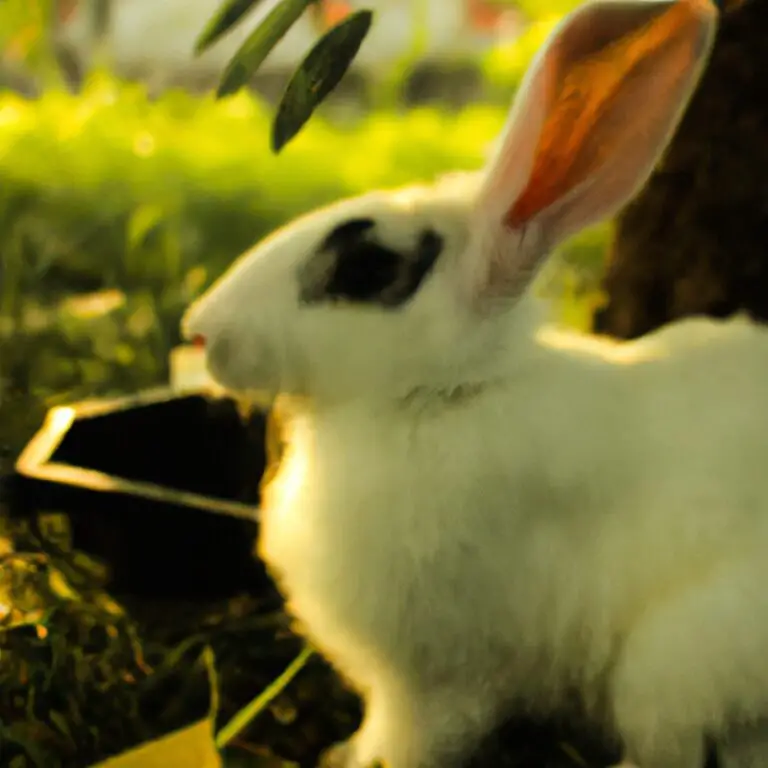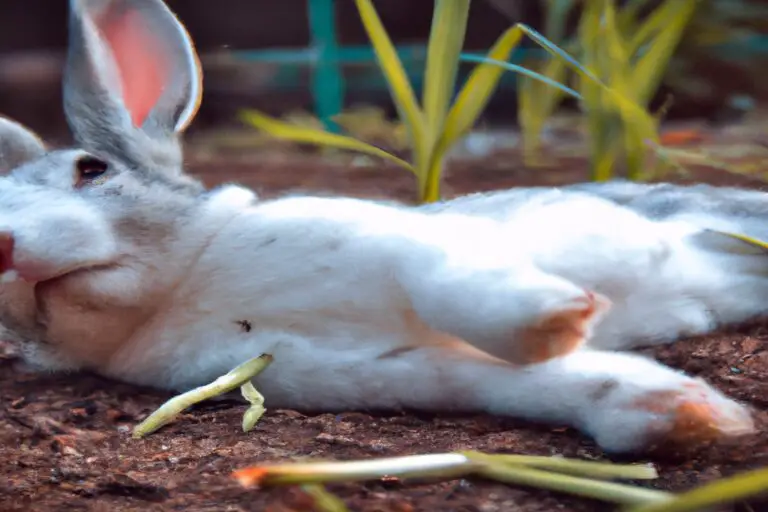Is Watermelon Good For Rabbits? Find out now!
Key Takeaways:
- Watermelon can be a healthy and hydrating treat for rabbits in moderate amounts.
- Watermelon should be fed to rabbits as a treat and not as a main part of their diet.
- The sugar content in watermelon should be monitored to prevent digestive issues in rabbits.
- Remove seeds and rind before feeding watermelon to rabbits to avoid choking hazards.
Are you a rabbit owner who’s constantly on the lookout for rabbit-friendly treats? Well, how about watermelon?
Picture your fluffy friend munching on a juicy slice of this summer fruit – it sounds adorable, doesn’t it?
But the real question is, can rabbits eat watermelon? In this article, we will explore the ins and outs of a rabbit’s diet, the safety of feeding fruits to rabbits, and specifically, whether watermelon is a suitable treat for these herbivores.
So, let’s dive in and find out if watermelon is a rabbit’s delight or a dietary disaster.
| Watermelon | |
|---|---|
| Benefits for Rabbits | ✅ High water content helps to hydrate rabbits and prevents dehydration. |
| ✅ Provides natural sugars as a source of energy. | |
| ✅ Contains vitamin C, which supports a healthy immune system. | |
| ❌ Moderation is key. High sugar content can cause gastrointestinal problems and obesity if fed in excess. | |
| ❌ Seeds and rind should be removed as they are difficult to digest and may lead to intestinal blockages. |
Can rabbits eat watermelon?
Yes, rabbits can eat watermelon in moderation.
Overview of a rabbit’s diet
A rabbit’s diet primarily consists of hay, fresh vegetables, and pellets.
Hay is crucial for their digestion and dental health.
They should have unlimited access to fresh, high-quality hay.
Fresh vegetables like dark leafy greens, carrots, and bell peppers provide essential nutrients.
Pellets should be given in moderation to prevent obesity.
Introduce new foods gradually and avoid foods that are toxic to rabbits, such as chocolate, caffeine, and onions.
Remember to always provide fresh water for your bunny to drink.
Can rabbits eat fruits?
Rabbits can eat certain fruits in moderation. Apples, bananas, strawberries, and blueberries are some examples of fruits that rabbits can enjoy as part of a balanced diet.
However, it’s important to remember that fruits should only make up a small portion of their overall food intake.
Too much fruit can lead to digestive issues and weight gain. Always introduce new fruits slowly and monitor your rabbit for any signs of discomfort or adverse reactions.
Is watermelon safe for rabbits?
Yes, watermelon is safe for rabbits to eat.
It can be a refreshing and hydrating treat for them.
However, it should be given in moderation as a special treat and not as a regular part of their diet.
The high sugar content in watermelon can cause digestive issues for rabbits if consumed in large quantities.
Always make sure to remove the seeds and rind before offering watermelon to your bunny.
Remember to introduce new foods gradually and consult with a veterinarian if you have any questions or concerns.
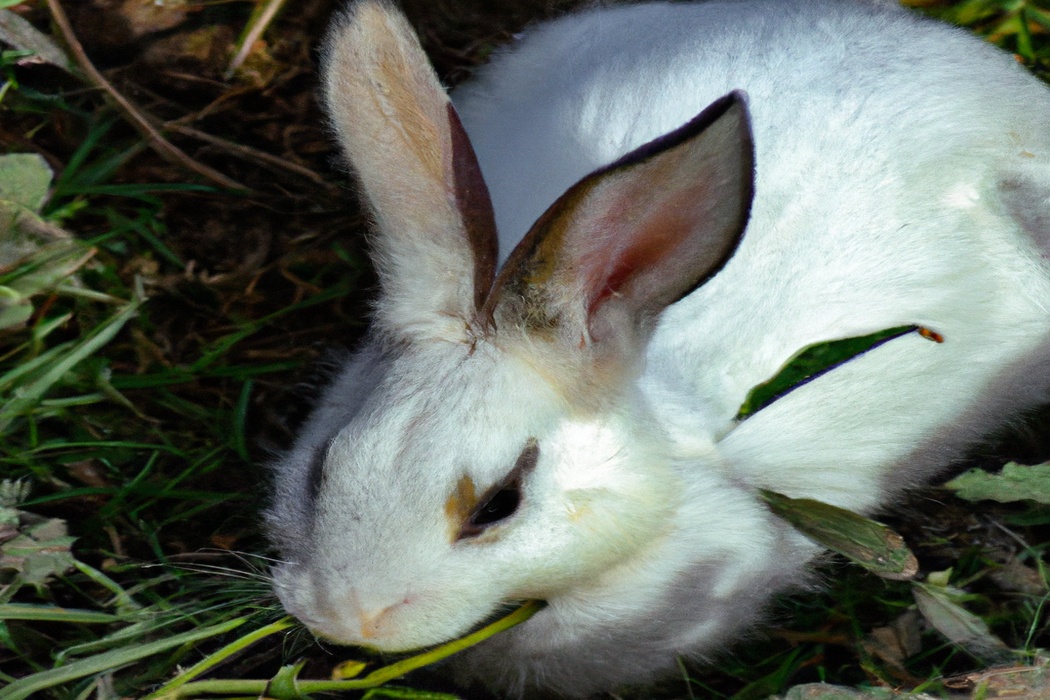
Benefits of feeding watermelon to rabbits
Feeding watermelon to rabbits has several benefits, including hydration benefits, high vitamin and mineral content, and a good source of fiber.
Hydration benefits
Watermelon is a hydrating fruit that can provide some hydration benefits to rabbits. It’s a great way to keep your rabbits hydrated during hot weather or if they are not drinking enough water.
Watermelon is made up of about 92% water, making it an excellent source of hydration for rabbits.
Additionally, watermelon is also high in electrolytes, such as potassium, which can help replenish fluids in the body. However, it’s important to remember that watermelon should be given in moderation as part of a balanced diet for your rabbits.
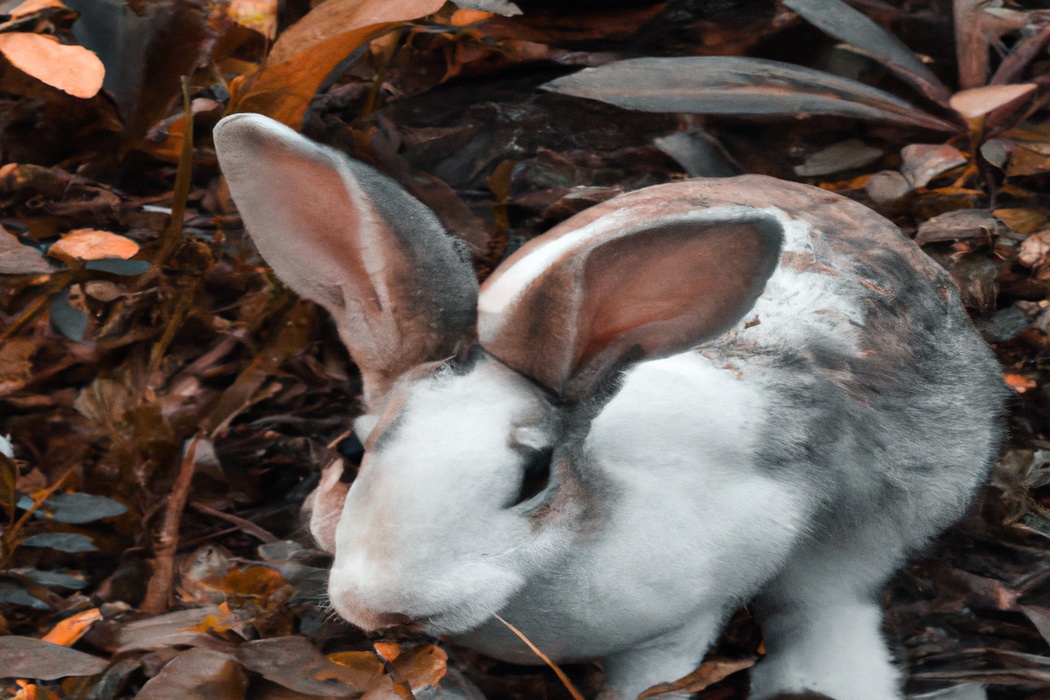
Vitamin and mineral content
Watermelons are a great source of vitamins and minerals for rabbits.
They contain high levels of vitamin A, which is essential for maintaining good eyesight and a healthy immune system.
Additionally, watermelons are rich in vitamin C, which helps promote a strong immune system and aids in collagen production.
They also provide important minerals such as potassium, which supports heart health, and magnesium, which is important for bone and muscle function.
Just make sure to feed watermelon to your rabbits in moderation as part of a balanced diet.
Fiber content
Fiber is an important component of a rabbit’s diet.
It helps maintain digestive health and prevents digestive issues like constipation.
Watermelon, while tasty for rabbits, is relatively low in fiber.
So, while feeding them small amounts as a treat is fine, it should not be a significant part of their daily diet.
Make sure to provide your rabbit with high-fiber foods like hay and vegetables to meet their dietary needs.
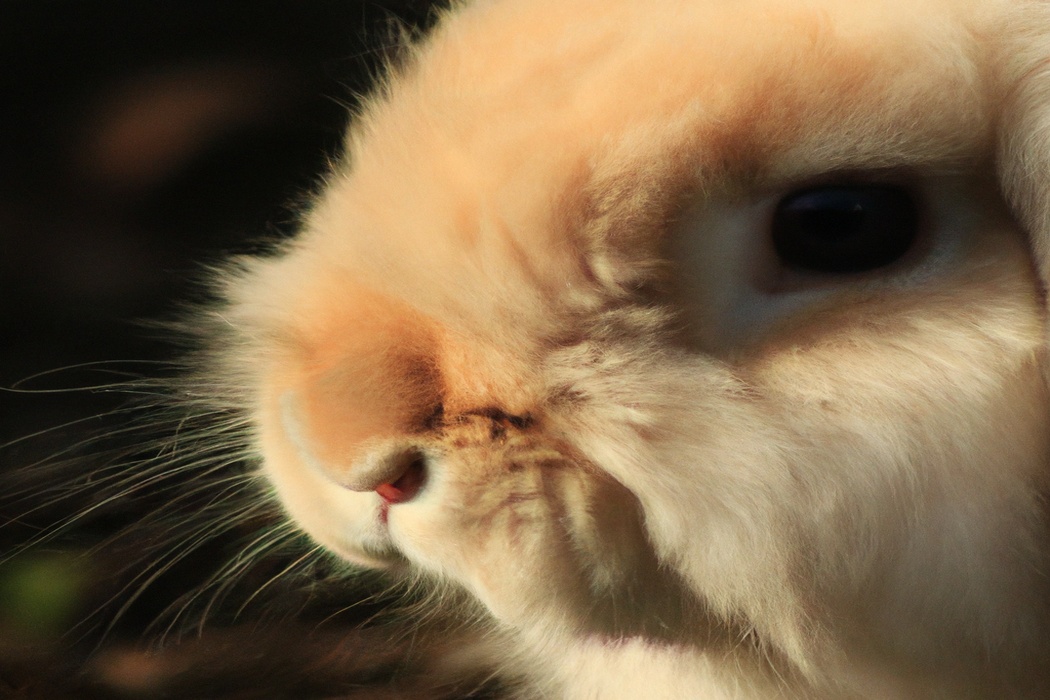
How to safely feed watermelon to rabbits
To safely feed watermelon to rabbits, consider the serving size and frequency, how to prepare the watermelon, and monitoring their digestive health.
Serving size and frequency
When it comes to serving size and frequency for feeding watermelon to rabbits, it’s important to remember to do so in moderation. A good serving size is about 1-2 tablespoons of watermelon per day for a small to medium-sized rabbit.
Make sure to remove the seeds and cut the watermelon into small, bite-sized pieces.
As for frequency, it’s best to offer watermelon as an occasional treat, not as a regular part of their daily diet. This will help to prevent any potential digestive issues and ensure a balanced diet for your furry friend.
Preparing watermelon for rabbits
To prepare watermelon for your rabbits, start by removing the seeds and rind.
Cut the watermelon into small, bite-sized pieces for easy consumption.
Wash the pieces thoroughly to remove any dirt or pesticides.
Avoid adding any additives or seasonings, as rabbits do not need them and they can be harmful.
Serve the watermelon pieces to your rabbits in a clean dish or scatter them in their enclosure.
Remember to only offer watermelon as an occasional treat, alongside their regular hay and fresh vegetables.
Monitoring digestive health
When it comes to monitoring the digestive health of your rabbits, there are a few key signs to look out for.
Firstly, pay attention to their appetite.
A decrease in appetite could indicate a problem.
Secondly, keep an eye on their droppings.
Healthy droppings should be firm and formed.
Thirdly, observe their behavior.
If your rabbit is lethargic or showing signs of discomfort, it could be related to their digestion.
By regularly checking these signs, you can ensure your rabbits’ digestive health is on track.
Potential risks and precautions
Be aware of the high sugar content in watermelon, which may not be suitable for rabbits in large quantities. Also, be cautious of the choking hazard that watermelon seeds present to rabbits.
High sugar content in watermelon
Watermelon, while delicious, has a high sugar content.
This means that it may not be the best choice for rabbits, as a sugary diet can lead to digestive issues and obesity.
It’s important to remember that rabbits have a delicate digestive system and need a diet that is low in sugar.
While a small, occasional piece of watermelon may be okay as a treat, it’s best to stick to feeding rabbits foods that are more suited to their dietary needs, such as fresh vegetables and hay.
Choking hazard for rabbits
Choking hazard for rabbits: Rabbits have a tendency to swallow their food quickly, without fully chewing it. This increases the risk of choking, especially on large or hard food items.
Foods like watermelon, which have a high water content, can be particularly hazardous because they can become slippery and difficult to swallow properly.
It’s important to always cut food into small, bite-sized pieces for your rabbit and monitor their chewing to prevent any potential choking incidents.
Obesity and overfeeding concerns
Obesity and overfeeding are concerns when it comes to feeding your rabbit watermelon. Rabbits can easily become overweight if they consume too much of this fruit, which can lead to various health issues.
It’s important to remember that watermelon should be fed in moderation as a treat, rather than a regular part of their diet.
Monitor your rabbit’s weight and consult a veterinarian for guidance on proper portion sizes to avoid obesity and overfeeding concerns.
Frequently asked questions
Can rabbits eat watermelon rind?
Yes, rabbits can eat watermelon rind. The rind, also known as the skin or peel, is safe for rabbits to consume in moderation.
However, it is important to remove any seeds from the rind before offering it to your rabbit, as the seeds can be harmful.
Additionally, ensure that the rind is thoroughly washed to remove any potential pesticides or dirt. Always introduce new foods gradually and monitor your rabbit’s reaction to ensure they tolerate it well.
Can rabbits eat watermelon seeds?
Yes, rabbits can eat watermelon seeds.
Watermelon seeds are safe for rabbits to consume and can even provide some nutritional benefits.
They are a good source of protein, healthy fats, and fiber.
However, it’s essential to feed the seeds in moderation as they are high in fat and can cause digestive issues if given in large quantities.
So, it’s best to offer watermelon seeds as an occasional treat rather than a staple part of their diet.
Remember to remove the outer shell before giving the seeds to your rabbit to prevent choking hazards.
Can watermelon be fed to baby rabbits?
Yes, watermelon can be fed to baby rabbits. However, it should only be given as an occasional treat in small quantities.
Watermelon is mostly water and contains natural sugars, so it’s important not to overfeed them.
Make sure to remove the seeds and rind before offering it to your baby rabbit. It’s always a good idea to introduce any new food gradually to their diet and monitor their reaction.
Final Verdict
Watermelon can be a safe and beneficial addition to a rabbit’s diet when fed in moderation and with proper precautions. Its high water content helps prevent dehydration, while its vitamin and mineral content support overall health.
However, it is important to be mindful of the high sugar content and potential choking hazard of seeds.
By controlling serving size, preparing watermelon appropriately, and monitoring digestive health, rabbits can enjoy the occasional treat of watermelon without adverse effects. Remember, a balanced diet consisting mainly of hay and fresh vegetables should always be the primary focus for a rabbit’s optimal health and well-being.

